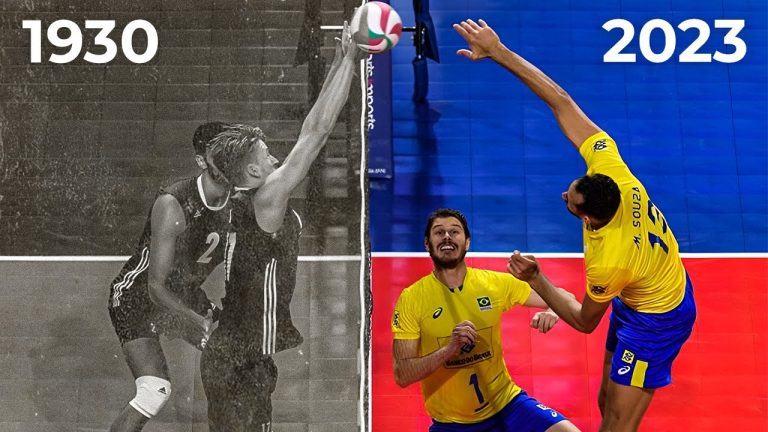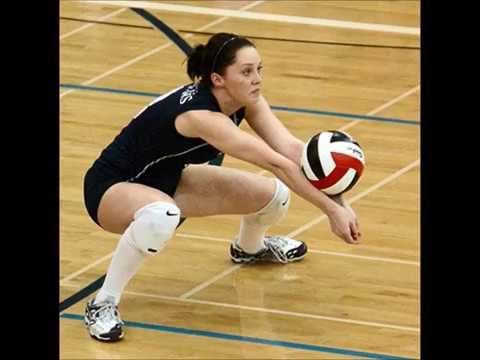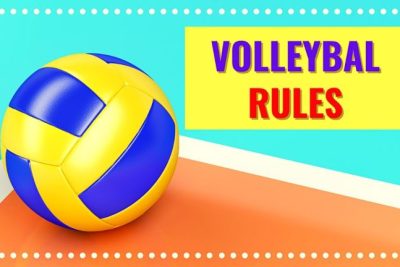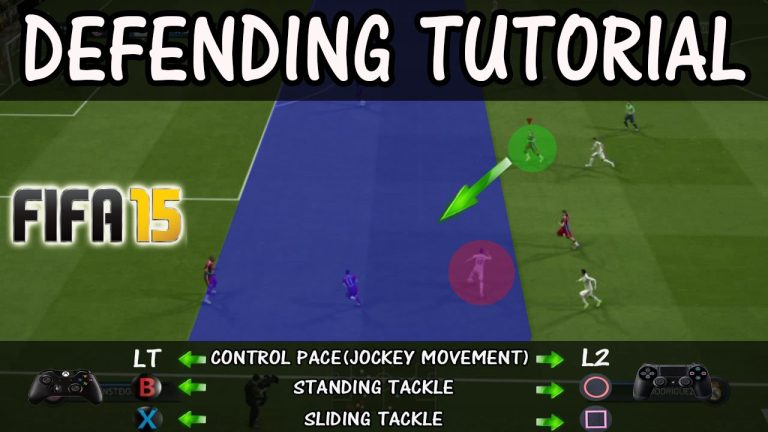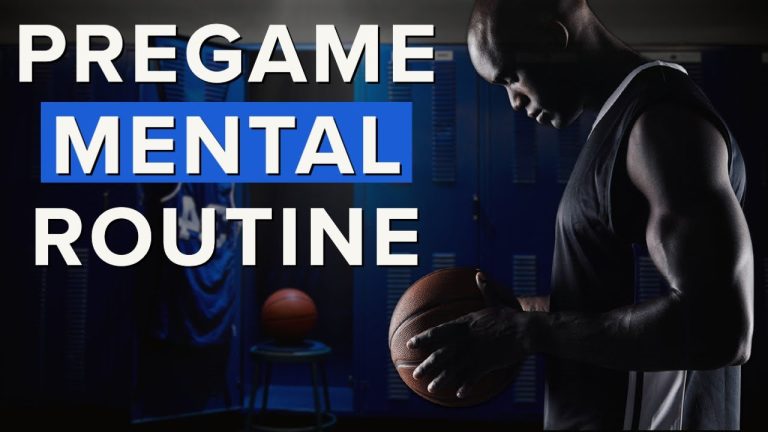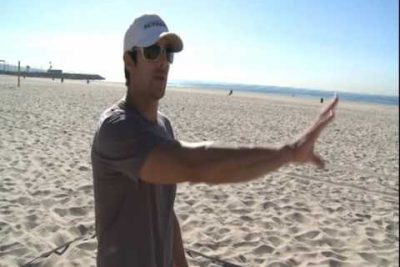
Communication is a vital component in the world of volleyball tactics. Whether it’s a quick call for a set, a well-timed shout for a block, or a simple gesture to signal a switch, effective communication on the court can make all the difference in a team’s success. In this article, we will delve into the importance of clear and concise communication in volleyball tactics, exploring how it enhances coordination, fosters trust among teammates, and ultimately elevates the overall performance of a team. So, grab your jerseys and get ready to discover the power of communication in the dynamic world of volleyball tactics.
What is the significance of team communication in volleyball?
Effective team communication is crucial in the game of volleyball. It plays a significant role in establishing a shared understanding among teammates, ensuring everyone is on the same page. By communicating their wants and needs, players can coordinate their movements on the court, resulting in a more cohesive and synchronized team performance.
Finding a partner who communicates similarly is not the key to successful team communication in volleyball. In fact, embracing different communication styles can lead to a more well-rounded and adaptable team. By keeping an open mind and embracing diverse communication approaches, teammates can learn from each other and adapt their own communication skills to better connect and collaborate on the court.
Ultimately, the importance of team communication in volleyball lies in the ability to effectively work together as a unit. By communicating clearly and concisely, teammates can convey their intentions, strategies, and support for one another. This fosters a positive and cohesive team environment, leading to improved performance, better decision-making, and ultimately, more victories on the volleyball court.
How can the use of interpersonal skills improve a team’s performance in volleyball?
When it comes to improving a team’s performance in volleyball, interpersonal skills play a crucial role. Effective communication between teammates during every point, regardless of the outcome, fosters a supportive environment. By constantly showing support and acknowledging each other’s efforts, the team builds a strong foundation of trust. This trust then translates into deep confidence, creating a positive impact on their performance.
In addition to communication, other interpersonal skills such as empathy and teamwork also contribute to enhancing the team’s performance in volleyball. Understanding and empathizing with each other’s strengths and weaknesses enables teammates to work together more efficiently. By utilizing their individual skills and collaborating as a cohesive unit, the team can maximize their potential and achieve better results on the court. Ultimately, strong interpersonal skills foster a harmonious team dynamic, leading to improved performance in the game of volleyball.
Can communication occur during a game of volleyball?
Yes, you can talk during volleyball. Communication is a crucial aspect of the game as it helps players coordinate their movements and make split-second decisions. From calling out plays to alerting teammates about potential threats, effective communication on the court enhances teamwork and boosts overall performance. By using concise and clear language, players can convey their intentions, anticipate their teammates’ actions, and maintain a strong defense. So, don’t hesitate to speak up and maximize communication to excel in the game of volleyball.
In the fast-paced game of volleyball, verbal communication plays a vital role in maintaining a cohesive team. By constantly talking and exchanging information with your teammates, you can enhance your understanding of each other’s playing styles and anticipate their next moves. This allows for better coordination during attacks, blocks, and defensive maneuvers. Moreover, effective communication helps in avoiding collisions and confusion, ensuring a smooth and efficient gameplay experience. So, remember to keep the lines of communication open and contribute to the success of your team.
While many sports require silence, volleyball thrives on communication. It not only helps players strategize and execute plays but also fosters a sense of camaraderie and trust among teammates. By talking during volleyball, players can build a strong bond that transcends mere athleticism. Clear and concise communication allows for quick decision-making and minimizes errors on the court. So, whether it’s calling out for a set or providing encouragement, don’t be afraid to use your voice and be an active communicator in the game of volleyball.
Unleash Your Team’s Potential: Mastering Volleyball Tactics for Effective Communication
Unleash Your Team’s Potential: Mastering Volleyball Tactics for Effective Communication
Communication is the lifeblood of any successful volleyball team. Without clear and effective communication, players become disconnected and the team’s potential remains untapped. To unleash your team’s full potential, it is crucial to master volleyball tactics that enhance communication on the court.
One key tactic for effective communication in volleyball is establishing a clear system of signals and hand gestures. By developing a set of signals that all team members understand, players can quickly and efficiently communicate their intentions and strategies during a match. This allows for seamless coordination and minimizes the risk of miscommunication or confusion.
Another important tactic for enhancing communication is fostering a culture of open and constructive feedback within the team. Encouraging players to provide feedback to one another, in a respectful and supportive manner, helps to identify areas for improvement and strengthens the overall communication dynamics. By creating an environment where everyone feels comfortable sharing their thoughts and ideas, teams can continually evolve and adapt their strategies for optimal performance.
Lastly, regular team meetings and huddles are essential for effective communication in volleyball. These gatherings provide an opportunity for players to discuss tactics, address concerns, and reinforce team goals. By consistently coming together as a team, players can align their objectives and develop a shared understanding of their roles and responsibilities on the court.
In conclusion, mastering volleyball tactics for effective communication is vital for unleashing your team’s potential. Establishing clear signals, promoting open feedback, and holding regular team meetings are just a few strategies that can greatly enhance communication dynamics on the volleyball court. By prioritizing communication, teams can maximize their performance and achieve greater success.
Winning Strategies: Unlocking Effective Communication in Volleyball Tactics
Winning Strategies: Unlocking Effective Communication in Volleyball Tactics
Communication plays a pivotal role in unleashing the full potential of volleyball tactics. With precise and effective communication, teams can seamlessly coordinate their movements, anticipate each other’s actions, and execute strategies flawlessly. By implementing winning strategies that prioritize clear and concise communication, teams can improve their overall performance on the court. Whether it’s through verbal cues, hand signals, or non-verbal gestures, the ability to communicate efficiently enhances team cohesion, minimizes errors, and maximizes success. The key lies in fostering a culture of open communication, where players feel comfortable expressing their thoughts, ideas, and concerns, ultimately leading to a harmonious and high-performing team.
Communication Mastery: Elevating Your Volleyball Tactics to New Heights
Communication Mastery: Elevating Your Volleyball Tactics to New Heights
Paragraph 1:
Effective communication on the volleyball court is the key to unlocking success and taking your game to new heights. By mastering the art of communication, you can enhance your team’s coordination, improve decision-making, and ultimately elevate your volleyball tactics. Clear and concise communication ensures that every player is on the same page, enabling seamless execution of plays and strategies. With enhanced communication skills, you can outsmart your opponents, react swiftly to changing situations, and dominate the game like never before.
Paragraph 2:
In the fast-paced game of volleyball, split-second decisions can make all the difference. That’s why effective communication is crucial for elevating your tactics. By communicating efficiently with your teammates, you can anticipate each other’s moves, set up powerful attacks, and defend against the opponent’s onslaught. Communication acts as the foundation of a well-coordinated team, allowing for quick adjustments and seamless transitions. When every player is in sync, the team’s performance reaches new heights, creating an unstoppable force on the court.
Paragraph 3:
Mastering communication in volleyball is not just about shouting instructions or relaying information. It’s about creating a positive and supportive environment where every player feels heard and valued. Effective communication involves active listening, clear articulation, and constructive feedback. By fostering open lines of communication, you can encourage your teammates to share ideas, make suggestions, and contribute to the team’s strategies. With a strong communication foundation, your team can reach new levels of success, dominating the volleyball court with precision, strategy, and teamwork.
The Art of Coordination: Mastering Volleyball Tactics through Effective Communication
The key to success in volleyball lies in effective communication and seamless coordination among teammates. As the game unfolds, players must master the art of coordination to anticipate each other’s moves and respond swiftly. Through clear and concise communication, teams can execute tactics flawlessly, making their gameplay more cohesive and potent.
In the fast-paced world of volleyball, communication is the lifeline that keeps the team connected. Effective communication eliminates confusion, avoids errors, and maximizes efficiency. By using concise and precise language, players can convey their intentions and strategies to their teammates in a split second. This ensures that everyone is on the same page and ready to react accordingly, resulting in a well-coordinated and synchronized team effort.
Mastering volleyball tactics requires not only individual skills but also a deep understanding of each player’s strengths and weaknesses. Effective communication plays a vital role in leveraging these attributes to strategize and execute plays effectively. By openly discussing and sharing insights, players can adapt their tactics to optimize their collective potential. Whether it’s a quick hand signal or a well-timed verbal cue, effective communication fosters a strong sense of trust and unity among teammates, paving the way for victory.
In conclusion, the art of coordination in volleyball is honed through effective communication. Clear and concise language, combined with a deep understanding of teammates’ strengths, leads to seamless coordination and successful execution of tactics. By embracing this art, teams can master the game and achieve greatness on the volleyball court.
Effective communication is the lifeblood of successful volleyball tactics. By fostering clear and concise communication among teammates, players can anticipate each other’s moves, adapt to changing situations, and ultimately outmaneuver the opposition. Whether it’s through verbal cues, hand signals, or nonverbal cues, strong communication on the court ensures that every player is on the same page and working towards a common goal. With effective communication, teams are able to maximize their potential and achieve victory, making it an indispensable aspect of competitive volleyball.


